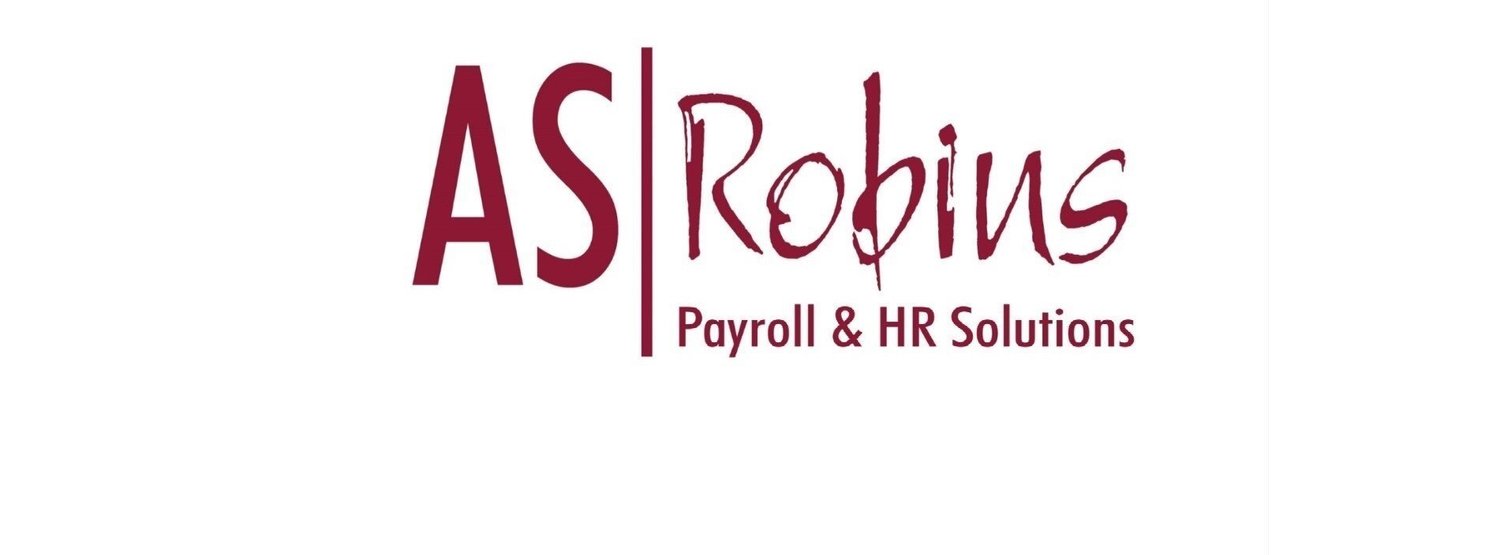New Government Reforms Set to Tackle Non-Compliance in the Umbrella Company Market
The government is taking significant steps to address the issue of non-compliance within the umbrella company market, a move that could have major implications for businesses, workers, and tax receipts. In a recent consultation response, HM Treasury outlined its next steps to curb non-compliance and create a more transparent, fairer system. Here’s what we can expect from these upcoming changes.
Defining Umbrella Companies in Legislation
The first major change will see umbrella companies officially defined within legislation. This will bring them under the purview of the Employment Agency Standards Inspectorate (EASI), and eventually, the Fair Work Agency once it is established. By creating a legal framework for umbrella companies, the government aims to tighten regulatory oversight and ensure these companies operate in a compliant manner. This move is designed to protect workers' rights and help businesses avoid falling foul of non-compliance practices.
Shifting Responsibility for PAYE
Another crucial reform is the shift in responsibility for PAYE (Pay As You Earn). Under the new system, the responsibility for operating PAYE will no longer rest with the umbrella company employing the worker. Instead, it will move to the recruitment agency supplying the worker to the end client. If there is no recruitment agency involved, the end client will bear the responsibility for ensuring PAYE is correctly administered.
This change is designed to make it easier for businesses to ensure PAYE is being handled compliantly. While businesses may still outsource the administration of PAYE, they will be expected to conduct due diligence to ensure that the supply chain does not involve any non-compliant practices. Failure to do so could result in penalties for the business.
Impact on the Industry
These reforms are expected to bring about a significant shake-up in the umbrella company market, particularly in how recruitment and employment agencies operate. While the measures have been considered the most extreme option proposed in the consultation, responses have suggested that they will likely have the most impact in reducing non-compliance.
Businesses will need to adjust to these changes, ensuring that their supply chains are compliant with the new rules. While they won’t be required to administer PAYE themselves, they will be held accountable for ensuring that it is done correctly, or face potential fines.
What About Mini Umbrella Companies?
One area the government has decided to hold off on for now is mini umbrella companies (MUCS), which have been known to exploit the VAT Flat Rate Scheme and Employment Allowance for financial gain. The government has stated it won’t take further action in this area until it can assess the impact of the umbrella company changes outlined above. This means businesses can expect future reforms in this area depending on how the initial changes impact the market.
What’s Next?
The changes to the umbrella company market are expected to be legislated for and come into effect in April 2026. Businesses should begin preparing now for the upcoming shifts, as these reforms will require them to take a more active role in ensuring their employment practices are fully compliant.
In the coming years, the landscape of the labour supply market is set to change, and businesses will need to stay ahead of these developments to avoid falling into non-compliance. Keeping up with these new regulations will be key to ensuring that workers’ rights are protected, businesses stay on the right side of the law, and tax receipts are maximized.
Stay tuned for more updates as we get closer to the implementation date, and make sure your business is ready for the upcoming changes!

